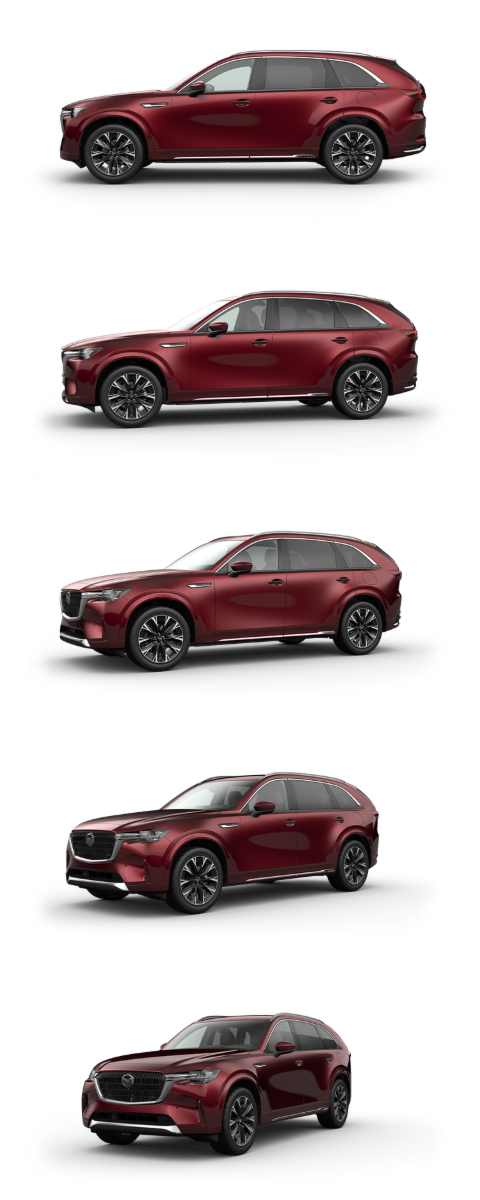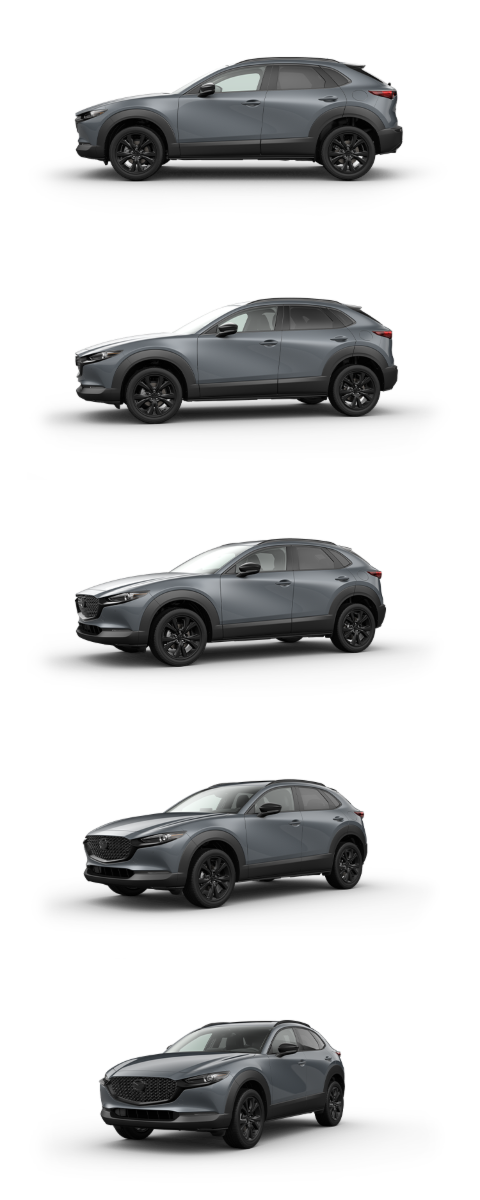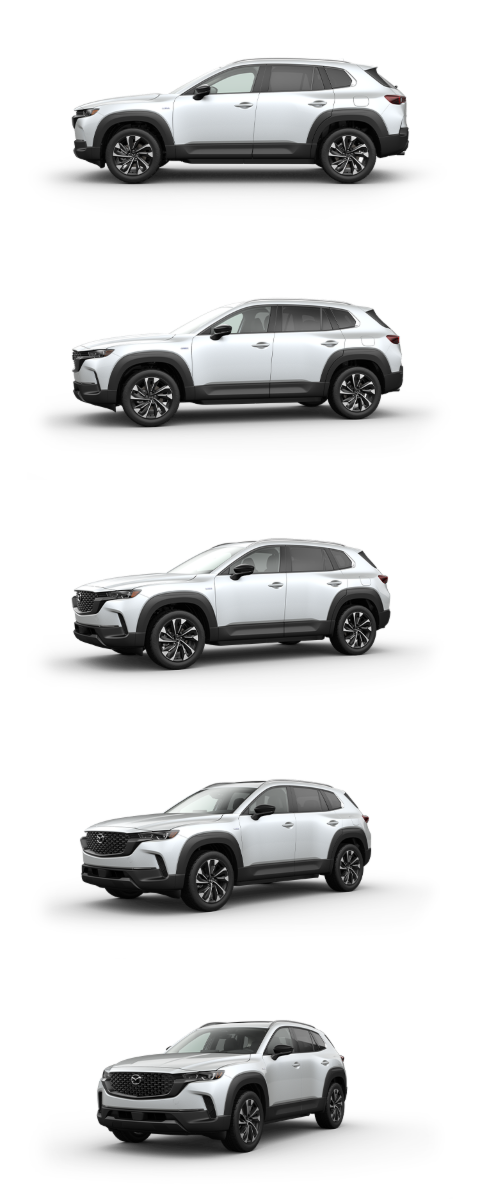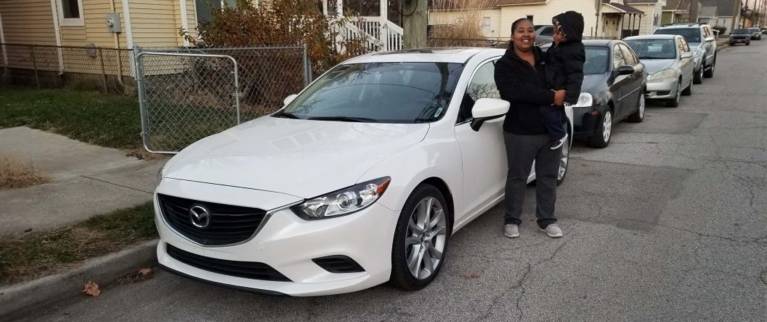EV Lease: Your Guide to Leasing an EV

As the automotive industry continues to evolve, leasing an electric vehicle has gained traction as a practical alternative to traditional car ownership. People are particularly drawn to leasing an EV by the prospect of cost savings, the potential for less restrictive tax credits, and as a means of keeping pace with rapidly evolving EV technology. If you’re considering leasing an EV, here’s what you need to know.

What is leasing?
Leasing a car is different from financing a car to own it outright. Here are some of the common conditions involved in leasing:
- Monthly payments: Under a lease, you make a monthly payment to a lender to drive a new or used vehicle for a specified time or a certain number of miles.
- Down payments: There is also typically a down payment required, though some leases may not require one.
- An accounting for depreciation: The cost of your lease will factor in the depreciation of your vehicle plus taxes, interest, and other fees. For example, if you go above the specified mileage in your lease agreement or return the vehicle with excessive wear and tear, that cost will be added to your total bill.
- A leasing period: Once the lease period is up, you return your vehicle to the dealership and choose whether you want to lease a new car, buy out your lease, or swap your lease and give it to a third-party company or another person. (You could also just return your leased vehicle and leave it at that but, in theory, that would mean you wouldn’t have a car to drive home in.)
What makes leasing an EV different?
An EV lease comes with several considerations that leasing a vehicle with an internal combustion engine (ICE) may not involve. These include but are not limited to:
- An emphasis on staying ahead of the tech curve: It’s no secret that EV technology — particularly battery and charging technology — is evolving rapidly. Regularly leasing an electric vehicle gives people access to the most up-to-date tech without having to fully invest in an EV that may quickly become “outdated” from a tech standpoint, if not a market standpoint.
- Tax credits: In 2023, stricter regulations regarding assembly location made it more difficult for prospective EV buyers to find a vehicle that qualified them for the $7,500 federal tax credit instituted by the Inflation Reduction Act (IRA). However, many of these regulations do not apply to leased vehicles as opposed to purchased vehicles, making leasing an attractive option from a financial perspective.
- Maintenance costs: Because they have fewer moving parts, EVs — particularly new EVs — have lower costs of maintenance associated compared to even new gas-powered vehicles, making it that much less likely you will incur maintenance expenses during your lease.
- Potential for increased residual value: EV technology may be advancing rapidly, but the fact that EVs are relatively new — and that there are less of them available — means that their residual value tends to remain high during leasing. Residual value is the estimated value of your car once your lease contract ends (as determined by its MSRP and various projection algorithms). If a vehicle hasn’t depreciated as much as was expected over the course of a lease, you may get money back.
When is it better to finance or lease an EV?
First, it should be said that everyone’s financial situation and vehicle needs are different, meaning what is a leasing “pro” for one person may be a leasing “con” for another.
For example, drivers may wish to lease a vehicle instead of buying it outright due to the high retail price of vehicles, the lower cost of maintenance associated with leasing, and the ability to have a new car every couple of years. On the other hand, some people opt to buy their vehicle despite the higher cost upfront because having ownership of your vehicle means you can drive it as much as you want, customize it how you see fit, and you can earn equity that can be applied toward your next vehicle purchase.
Currently, many automotive resources say leasing an EV can give you an advantage in the market due to the ability to access newer technologies, but this might not be the case for everyone, particularly if you have the cash to buy your vehicles outright and plan to sell them relatively quickly.
Since this decision is so personal, we recommend doing further research on the pros and cons of leasing in general. We have a quick, seven-question quiz to help you decide whether you should buy or lease a Mazda, and you can also check out our article on leasing vs. financing an EV for a comprehensive breakdown of which will be the best choice for you.
Can you lease a used EV?
Yes. You can lease a used electric vehicle, but there are a few differences to keep in mind:
- You can still potentially access the federal tax credit instituted by the IRA, but that credit will only be up to $4,000.
- You’ll want to pay closer attention to the health of your EV’s battery. A used EV’s battery likely have wear and tear from its last driver which may give your vehicle a shorter range. If it has been driven extensively (100,000+ miles) it could leave you on the hook for an expensive repair or replacement, should it start to falter.
- Your EV may not have the charging flexibility — the ability to use different charging networks and connectors — of a newer EV.
Can you negotiate the price of a lease for an EV?
Yes. Just like you can negotiate the lease price of an ICE vehicle, you can negotiate the price of your EV lease. You can also negotiate the buyout value of your vehicle as well if you want to try and buy your EV after your lease expires. For more information on what to think about, please see our Guide to Buying an EV.
Are tax credits available for EV leasing?
Yes. As mentioned, the IRA has provided a tax credit of $7,500 (for the originator of the lease — usually the car company’s finance department) available for new, clean vehicles purchased in and after 2023. The car dealership can then pass along these savings to you, the driver, as a discounted lease. Pre-owned EVs can also qualify for a tax credit of up to $4,000. Keep in mind that the tax credit landscape for EVs is changing almost as rapidly as EV tech, so it’s wise to make sure you have the latest information by visiting the IRS website. Also check your state and municipality as they may offer additional incentives beyond those found at the federal level.
Should you buy an EV at the end of its lease?
Just like the decision to finance or lease a new vehicle is personal and dependent on your financial situation, so too is the decision of whether you should buy your EV at the end of your contract.
Your lease agreement will include a buyout amount that you pay in order to buy the vehicle, and that number is decided before you sign the contract. This number is also negotiable, so don’t forget to consider long-term market trends as you’re looking into your EV lease. Namely, if the market for EVs continues to thrive and there’s still a strong demand for EVs, you may have the option to buy your leased vehicle and resell it for a profit.
But, if you’re keen on getting into the next newest model with the most up-to-date technology, your best bet is to end the lease and move on to your next one.
Leasing at Mazda
While the process for leasing an electric vehicle isn’t all that different from leasing a gas-powered car, there are special considerations when it comes to leasing an EV.
To learn more, start building your own CX-90 PHEV or CX-70 PHEV online, or simply find a Mazda Dealer near you to test-drive a PHEV today.
This article is intended for general informational purposes only and is based on the latest competitive information available at the time of posting. Information herein is subject to change without notice and without Mazda incurring any obligations. Please review a variety of resources prior to making a purchasing decision. Visit Resource Center for more articles.




















